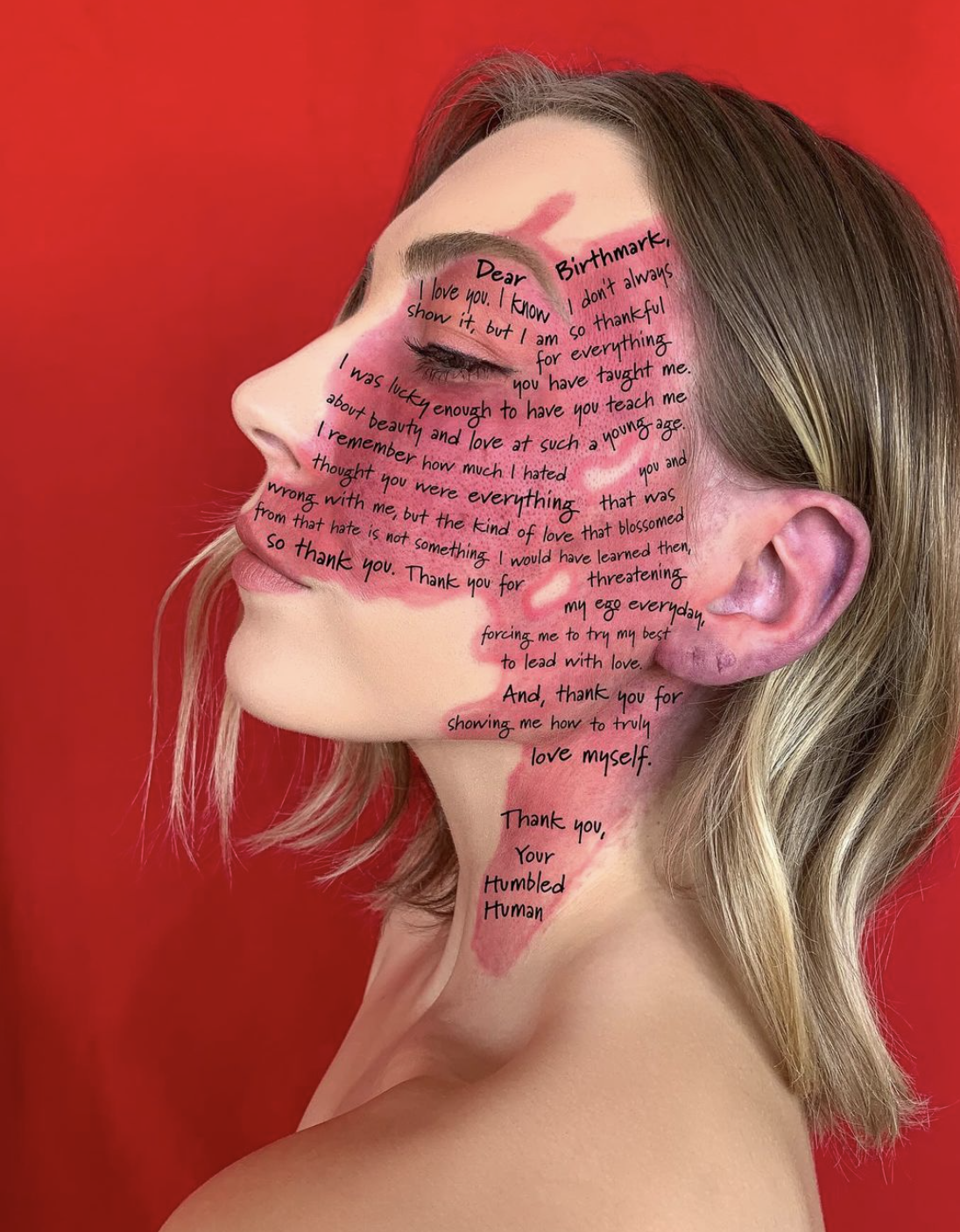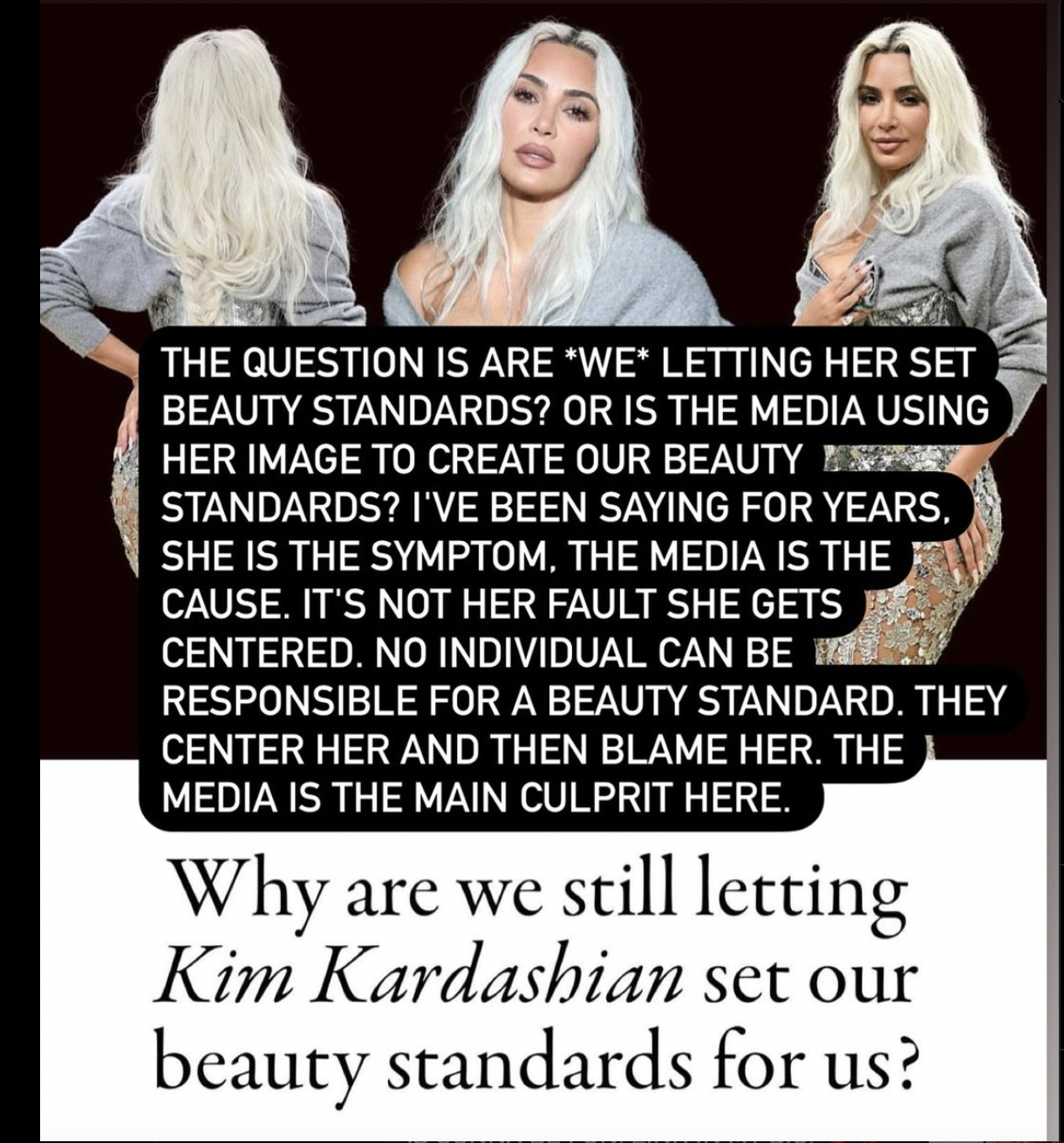Cult Beauty ‘Can’t (Re)Touch This’ campaign sets the baseline for the end of pixel-perfect beauty
Cult Beauty, one of the world’s most famous UK beauty e-retailers, recently committed never to airbrush their in-house model imagery. This marks a step in the right direction and joins a growing beauty movement that firmly rejects unattainable, airbrushed fakery that does way more harm than good.
This, however, is so much more than just about retouching images. It's a rallying cry for other brands to follow suit, to reject the flawless illusion, and embrace the true diversity of beauty. So let’s explore why Cult Beauty has taken this stand and also how their commitment might encourage a seismic shift in the beauty landscape.
Unraveling the problem
Many beauty and skincare brands have been part of the problem in the past. The beauty and fashion industry has fetishized perfection over the years. Image editing teams have the ability to enhance lighting, smooth out skin, erase wrinkles, reduce features, and make models appear significantly younger than their actual age. The list goes on and on. For some reason, most of these brands also tried to appeal to a cookie-cutter version of beauty that is flawless, and feminine.
When it comes to beauty adverts, not only is this false advertising, but it's also portraying a type of beauty that’s completely unrealistic. Many brands have been called out for airbrushing pictures while deceiving their fans. Take for example L’Oreal, whose adverts were banned in 2011 for portraying ultra-airbrushed visuals of Julia Roberts. Authorities concluded that the adverts were “not representative of the results the products could achieve". However, in some ways, this is also problematic as the ban had nothing to do with the fact that the airbrushing was also contributing to a false beauty narrative that’s harmful to everyone.
For years, all these brands have airbrushed their imagery and implanted this ideal version of beauty into our subconscious. Then, the emergence of social media and all of its airbrushing apps made the issue ten times worse. Inspired by the brands that fed us this fakery, now there was a whole generation of women that could do it for themselves. Erasing pimples and slimming down their waists at the click of a button, it has become the norm on and offline to strive for perfection.
Obviously, the facade of unattainable beauty standards was bound to shatter eventually. In the last few years, there’s been a major shift in consumer appetite for brands that don’t represent real people. Some companies are emerging that champion realistic beauty standards and shun the airbrushed past. But while we’re noticing a shift, I think it’s especially important that Cult Beauty has stepped forward and actually spoken about it. That’s because we are still unconsciously exposed to many brands that airbrush their imagery and to counter that, more conversation and openness are required from all industry players.
Cult Beauty’s Commitment
The timing couldn't be better for Cult Beauty's latest announcement. And the company joins a number of prominent beauty players that are already championing unedited imagery — like TIB, ASOS, and Dove.
Stocking some of our favorite makeup brands and owned by The Hut Group, it’s a platform that clearly has a major influence. Joining forces with Dr. Luke Evans, the company signed the Body Image Pledge in order to encourage more transparency in the way we portray beauty to customers. As a result, Can’t (Re)Touch This was born. It means that shoppers can feel confident that the imagery they’re seeing from Cult Beauty’s in-house team is unaltered. The images will carry a 'beauty unretouched' message to serve as a constant reminder of what real human bodies look like.
But, what does Cult Beauty's commitment mean for all the pictures they receive from the brands they stock? Looks like they have a solution for that too. Cult Beauty has also announced their plans to create a labeling system that will inform visitors whether they're viewing altered imagery.
Cult Beauty’s commitment is even reaching further than just the images they share. According to their pledge, they’re also revising their language guidelines to make sure that Cult Beauty celebrates all bodies instead of identifying ‘flaws’. “We’re on a mission to broaden what ‘beauty’ looks like and make the space more representative of you and your ideals — which also means committing to diversity when casting models, as well as reviewing our language to reframe the ‘flaws’ we’ve historically vilified,” Cult Beauty wrote on their website.
The end of pixel-perfection
Cult Beauty isn’t the first company to start a movement against the act of airbrushing. However, their influence makes them a key player when inspiring others to do the same. Outing brands that they stock for sharing altered imagery is probably a big incentive for their third parties to put a stop to it.
As we know, change doesn't occur overnight. It's a gradual process that’s often met with resistance. But with key players like Cult Beauty disrupting the status quo and advocating for greater transparency, we’re feeling pretty positive about the industry is pivoting towards a more authentic and inclusive representation of beauty.
There’s clearly a long road ahead, but with each step, we are moving closer to a future where every individual can see their own, unedited reflection celebrated in the beauty industry. Remember, the end of pixel perfection is not a loss; it is the beginning of a celebration of real, raw, and remarkable beauty.
If this resonates with you and live in the UK you can sign the pledge here: https://www.drlukeevans.org.uk/body-image



